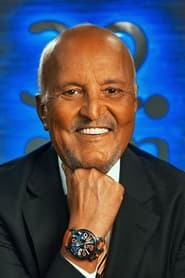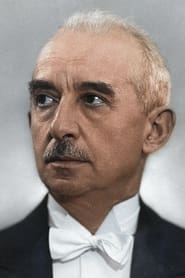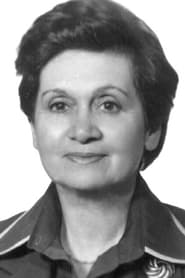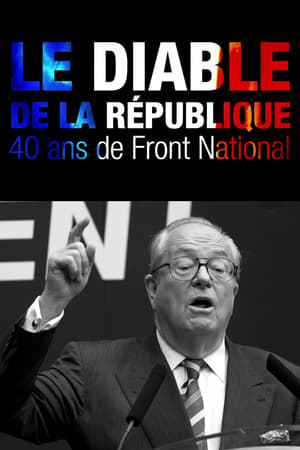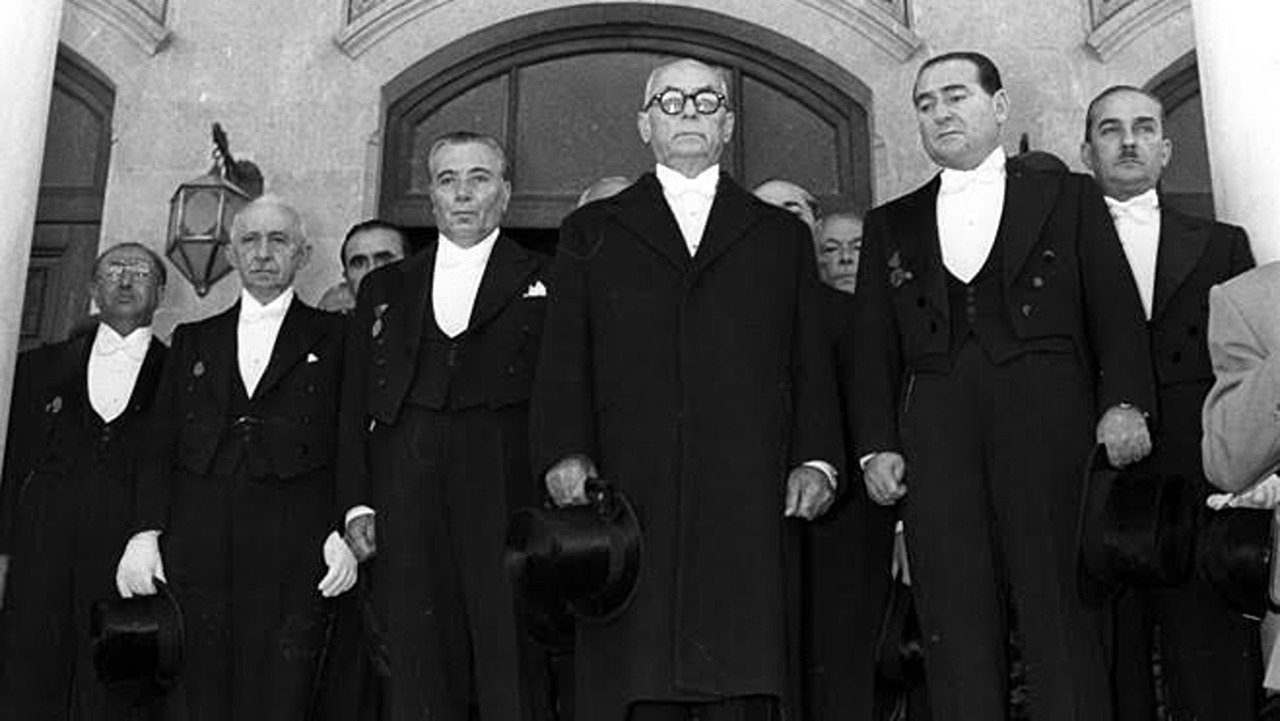
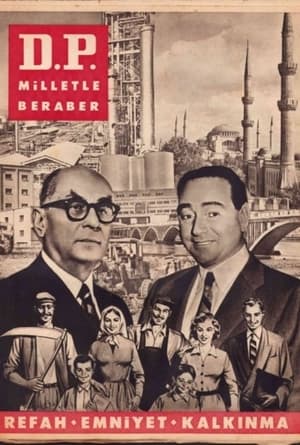
Demirkırat: Fight(1991)
Demirkırat: Fight
It's easy to say... After 23 years of single-party rule, Turkey decided to try democracy once again in 1946. In every attempt up to that time, the regime had been turned upside down and given up in a short time. Now a new one was coming. Would he be able to reach the multi-party regime that has been pursued since Atatürk this time? The calendar of democracy began to run on the morning of Monday, January 7, 1946. That day was a turning point in Turkish political history. The Republic of Turkey woke up with a single party in the morning, it was now multi-party...

Movie: Demirkırat: Fight
Top 6 Billed Cast
Self
Video Trailer Demirkırat: Fight
Similar Movies
Frontline: Divided States of America(en)
Review the partisanship that gridlocked Washington and charged the 2016 presidential campaign.
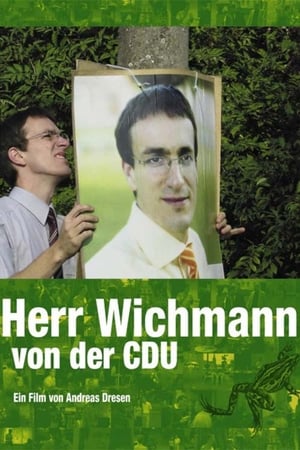 7.1
7.1Vote for Henryk!(de)
German national election campaign 2002: Henryk Wichmann from the conservative party is fighting a lost battle in the Uckermark.
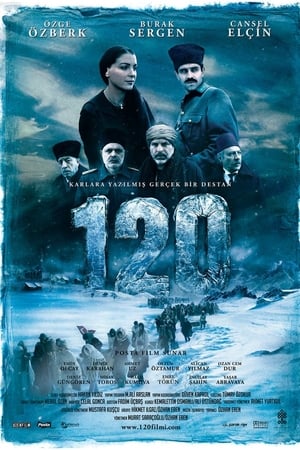 6.3
6.3120(en)
During the Sarikamis Battle, the Ottoman army runs out of ammunition and appeals to the people of Van for help, who happen to have supplies. However, the First World War is on and all men are fighting at four corners of the empire and therefore can not respond to to the appeal. The young children of Van want to do something...
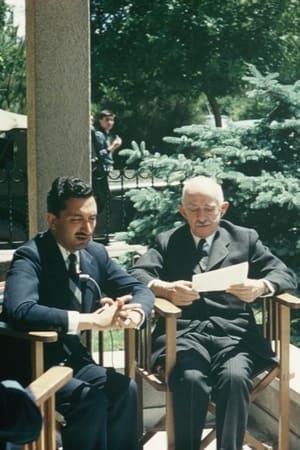 0.0
0.0Karaoğlan: This Post Will Make You Fly(tr)
Bülent Ecevit had dreams of a modest, serene life away from competition and politics. He imagined that he would write poems throughout his life and take refuge in that serene, purified world of art, poetry and aesthetics, against the harsh and harsh reality of daily life. While escaping the hazy atmosphere of politics, he could not even guess where his decision on the day he stepped into politics would take him...
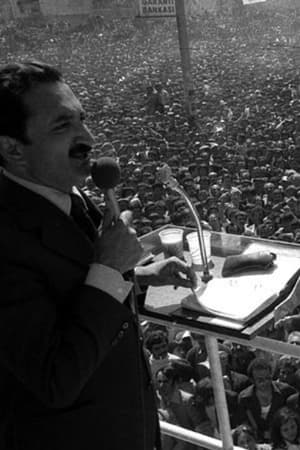 0.0
0.0Karaoğlan: The Man whose Name Was Written on the Mountains(tr)
A political amateur who was kneaded with art in the first half of the 1950s and was enthused with the idealism of politics in the second half, was now a person who was dealing with politics and state affairs 24 hours a day, gradually getting hotter and broadening his goals and horizons. In this section, you will follow the milestones of the poet's hopeful arrival in the 1970s, not a dream that the poet remembers with longing, but is no longer left behind. Contrary to the poem, you will recognize the struggle of a stubborn, belligerent missionary who is incompatible with the world. You will witness how it changed in that struggle and how this change affected a country...
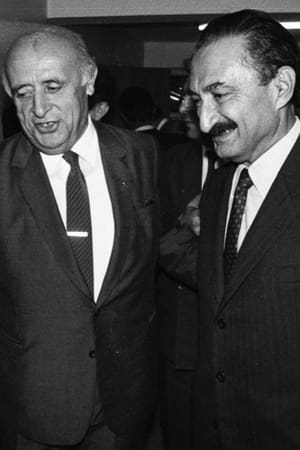 0.0
0.0Karaoğlan: Strawberry Blossom(tr)
What Ecevit feared had happened to him. Someone blew the whistle and the game was over. The name of the game was democracy. Those who finished the game, that is, those who took on the role of referees, were soldiers... The September 12 administration started by blaming the administrators, that is, the politicians. According to the military, incompetent and uncompromising politicians were responsible for the crisis in the country. Now they would put new rules into the game and this time there would be no old actors on the field. Ecevit's political life, which lasted for 27 years, was ending on the morning of September 12...
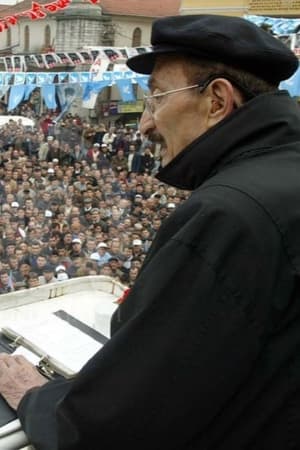 0.0
0.0Karaoglan: Farewell(tr)
A political adventure that started with a modest membership ceremony in the Çankaya District Building of the CHP in 1954 and ended in 2004, covering exactly 50 years. Bülent Ecevit was the name that left his mark on Turkey's multi-party years. The politics he said goodbye to was his way of life. No politician has ever been written on the mountains and stones like him... No politician has ever been as critical of the future of the left as he was. His name was sometimes referred to as a "divisive" and sometimes "honest politician. Bülent Ecevit was engraved in history as the memory of the multi-party period and as an example of a politician's exit from the ballot box and his exhaustion...
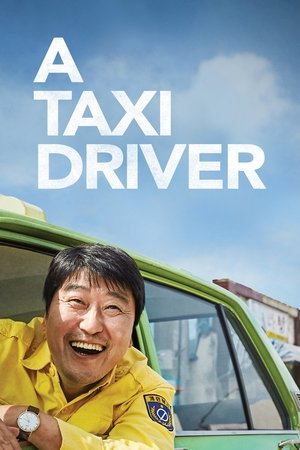 8.1
8.1A Taxi Driver(ko)
May, 1980. Man-seob is a taxi driver in Seoul who lives from hand to mouth, raising his young daughter alone. One day, he hears that there is a foreigner who will pay big money for a drive down to Gwangju city. Not knowing that he’s a German journalist with a hidden agenda, Man-seob takes the job.
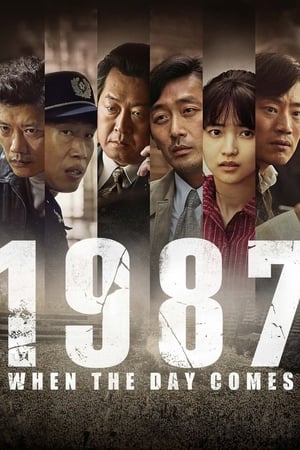 8.1
8.11987: When the Day Comes(ko)
In 1987 Korea, under an oppressive military regime, a college student gets killed during a police interrogation involving torture. Government of officials are quick to cover up the death and order the body to be cremated. A prosecutor who is supposed to sign the cremation release, raises questions about a 21-year-old kid dying of a heart attack, and he begins looking into the case for truth. Despite a systematic attempt to silence everyone involved in the case, the truth gets out, causing an eruption of public outrage.
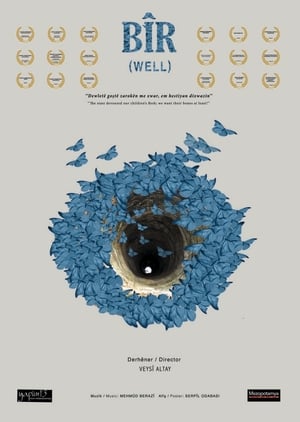 7.0
7.0Well(ku)
In the 1990s many people in Kurdistan were taken into custody and interrogated under torture; their killers disposed of the bodies by throwing them out of helicopters, or burying them in acid-filled wells. Thousands were murdered/disappeared by paramilitary forces—such as Jitem and Hizbul-Kontra—that were financed and supported by the state, though they have always stuck to the line: “We didn’t do it.” The documentary looks at the case of seven people, including four children, who were disappeared from the town of Kerboran [Dargeçit] in 1995, and tells the story of their families’ tireless search for their bones
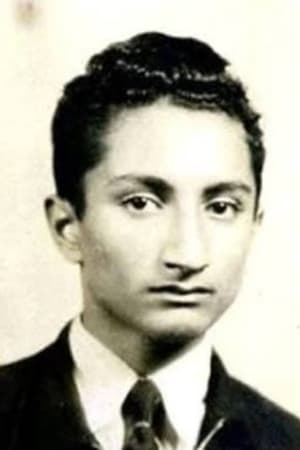 0.0
0.0Karaoğlan: He Had Different Dreams(tr)
How will history remember him? The honest politician who brought the left to power, the reliable plane tree of the state, the poet who adds elegance to politics? Or is it the stubborn, skeptical, lonely leader who hinders the unity of the left? How many people will remember the legend of Karaoğlan, which was written on the mountains and stones in the milestones of democracy? And how many of them will question the reasons for the rise from the top to the prison, from the prison to the top again, and then to be forgotten at the ballot box? How will Turkey remember a leader who left his mark in the last fifty years, a republican intellectual, the captain of the country's most critical days?
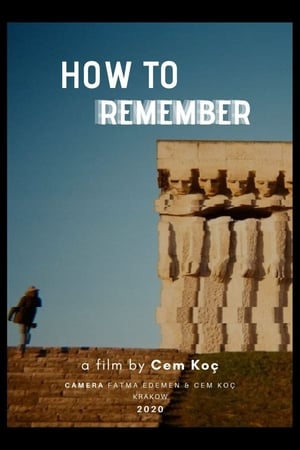 0.0
0.0How to Remember(tr)
The story of a young Kurdish man who tries to remember his past traumatic experiences. A young migrant struggles to remember the memories of post-2015 Turkey while faced with the commemoration practices of the Holocaust. The film takes place in present-day Krakow, Poland, particularly in the former Nazi concentration camp in Plaszow.
 7.6
7.6The Corporation(en)
Since the late 18th century American legal decision that the business corporation organizational model is legally a person, it has become a dominant economic, political and social force around the globe. This film takes an in-depth psychological examination of the organization model through various case studies. What the study illustrates is that in the its behaviour, this type of "person" typically acts like a dangerously destructive psychopath without conscience. Furthermore, we see the profound threat this psychopath has for our world and our future, but also how the people with courage, intelligence and determination can do to stop it.
 6.4
6.4Primary(en)
Primary is a documentary film about the primary elections between John F. Kennedy and Hubert Humphrey in 1960. Primary is the first documentary to use light equipment in order to follow their subjects in a more intimate filmmaking style. This unconventional way of filming created a new look for documentary films where the camera’s lens was right in the middle of what ever drama was occurring. Preserved by the Academy Film Archive in partnership with The Film Foundation in 1998.
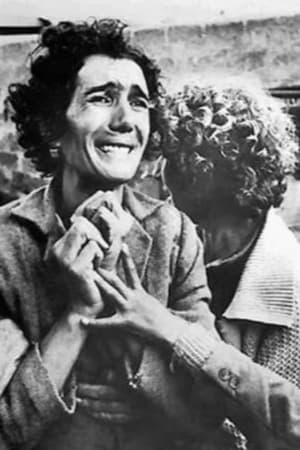 0.0
0.050 Years of Cyprus: Separation(tr)
32.Day, a news classic by Mehmet Ali Birand, is with you this time with the documentary 50 Years of Cyprus!
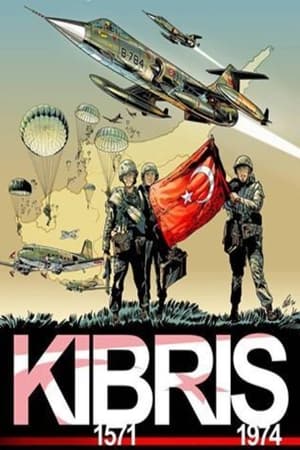 0.0
0.050 Years of Cyprus: War and Peace(tr)
32.Day, a news classic by Mehmet Ali Birand, is with you this time with the documentary 50 Years of Cyprus!
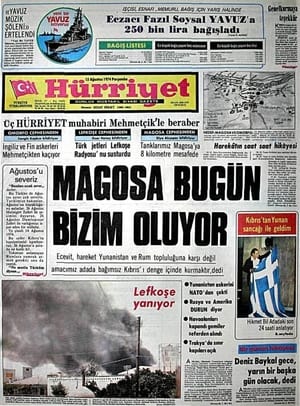 0.0
0.050 Years of Cyprus: Final(tr)
32.Day, a news classic by Mehmet Ali Birand, is with you this time with the documentary 50 Years of Cyprus!
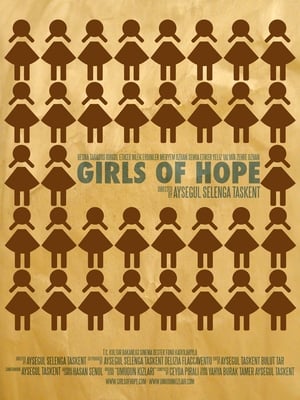 0.0
0.0Girls of Hope(en)
In Turkey far too many women are still unable to read and write, and all they see in their life span is being forced into early marriage and relegation to the home, where they look after extended families and more children than they can feed. The girls are portrayed in their homes, together with the strongest supporters of their emancipation through education: their mothers. Girls of Hope portrays five girls who struggle for their education and, despite all the difficulties, try to hold on to their hope for a better future.
